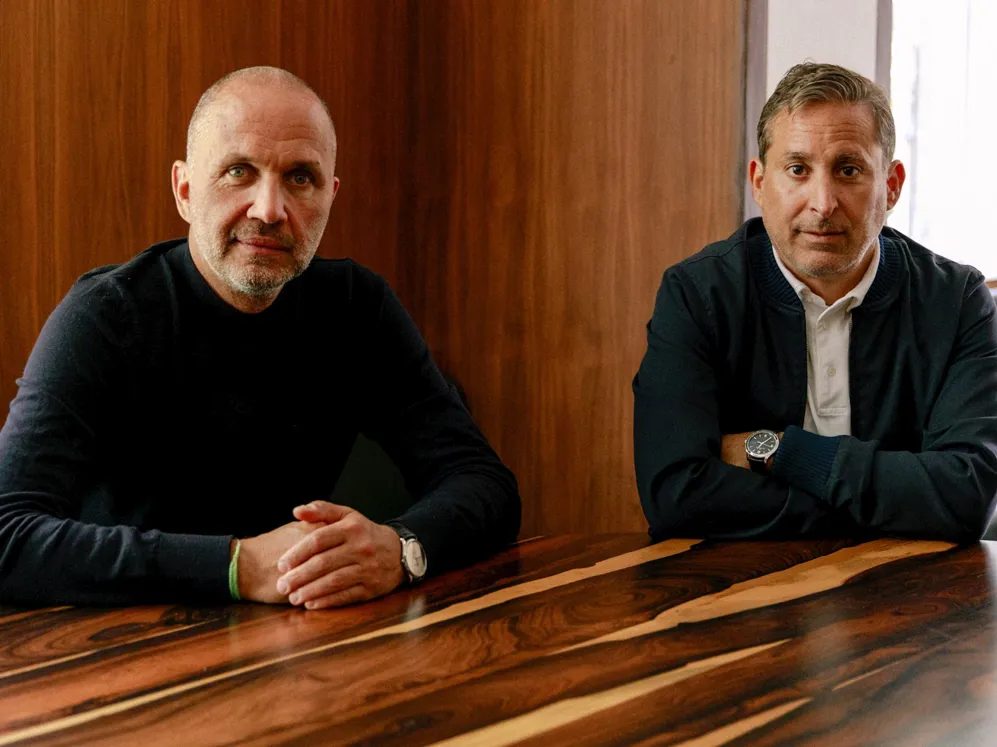
Words Vidula KotianImages Vivek Vadoliya
Cofounders of Grupo Habita and pioneers of Mexico’s boutique hotel scene, Carlos Couturier and Moisés Micha are credited with invigorating multiple destinations throughout Mexico, from Playa del Carmen, where they opened Deseo [Hotel + Lounge] in 2001, to Mexico City itself, which was seen as unappealing to international leisure travelers when they began there two decades ago. Couturier and Micha own 12 properties in the meanwhile, most in Mexico but also in New York and Chicago. For the award-wining duo, building hotels that reflect their surroundings is a passion that drives their every move, including Hotel Escondido Oxaca, which opened in December 2019. We had a brief chat with the hoteliers whose take on hospitality is driven by human experience and has earned them fans around the world.
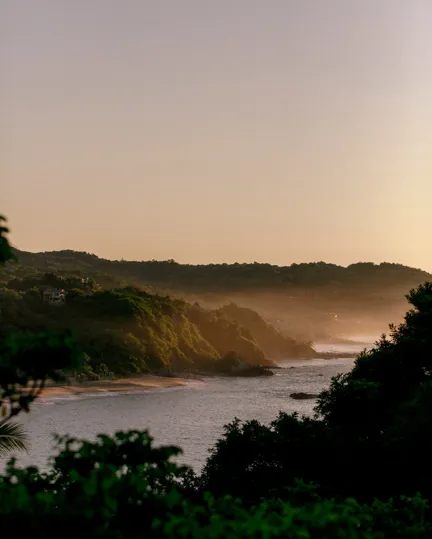
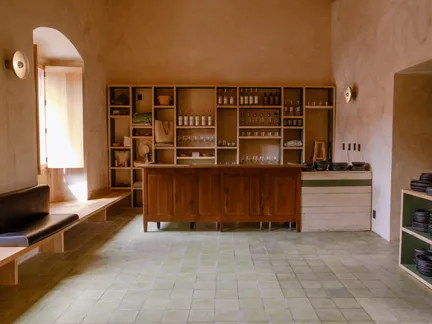
Carlos Couturier: One thing that is no longer as relevant as when we started is design and architecture and proposing something that feels radical. Now people are looking for the human and social aspect of the hotel. When people stay in a hotel, they want good service and they want to feel welcome. The big transformation in the industry is Airbnb, which people think is competition for hotels. I don’t see it that way at all. It’s a practical way to travel. You choose to stay at a hotel, or you choose Airbnb depending on your needs, but the experiences are completely different. Hotels now are social homes. Of course, you grow your tribe through what you build but that’s the hardware. What is relevant now is the software.
Moisés Micha: The guest has also changed a lot. They are much more global and demanding because of all the knowledge that they have of what’s happening. In the past, we probably would get their attention with good photos, but now it’s completely different. Technologies are important and most importantly, essence. It’s very easy for guests today to perceive whether it’s an authentic property or if it’s just a copy paste of something else.
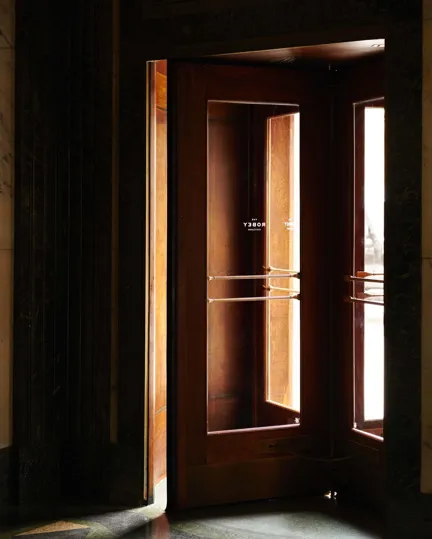
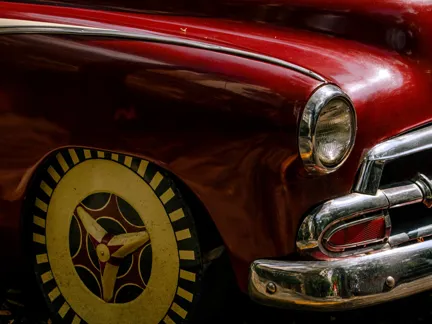
CC: In general, travelers are looking for honesty. I put that in context against fakeness. Countries are no longer following what is happening globally. They’re on their own path, exploring their own traditions, their own soul. In a world of fake politicians, fake influencers, and this “perfect everything” through social media, I think the trend is to go to places where you feel that there is a lot of authenticity. So, for example, why would a place like Oaxaca be so popular? Why are people searching for these sorts of destinations? It’s because they feel honest. It’s about traditions, and it’s about soul. The community, the culture, the food; it just feels like it’s rooted. Discovering the depth of a culture—I think this is what the future is about.
MM: For Grupo Habita, it’s not only relevant to build a hotel but to start a destination. In the case of our new project in San Augustinio, the destination is not really on the map today. So, the hotel is aiming to do that. We don’t just build a hotel. We propel a destination or offer people a new destination to discover.
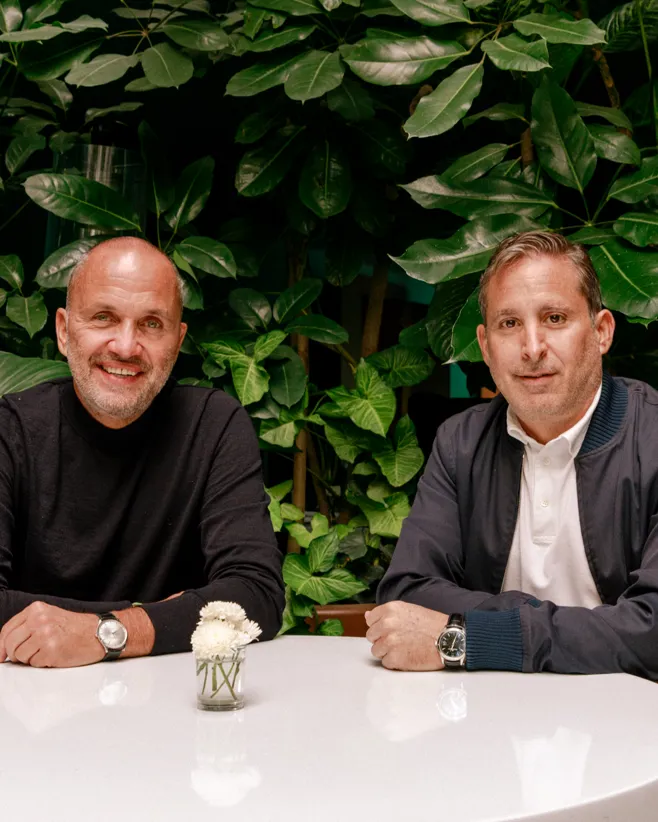
Carlos Couturier
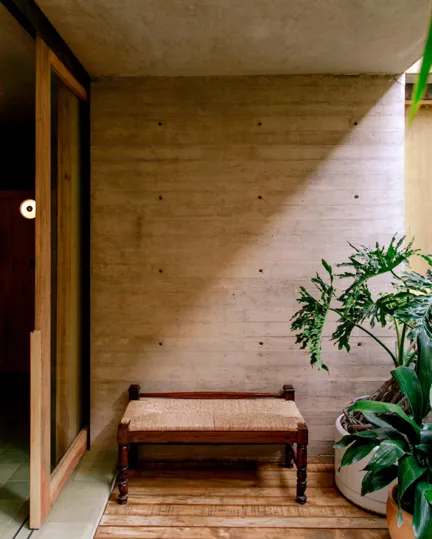
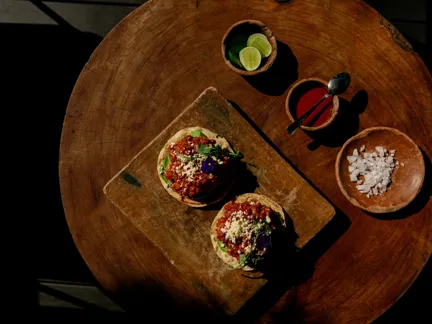
CC: Oaxaca is completely different because it is a destination already. What we like about this property is that we can sort of propose a new Oaxaca through the hotel, but at the same time it speaks of the old city. We did a mix with the architecture. There is the old building and we have a brand-new concrete tower by a great Mexican architect Alberto Kalach. There is this tension between the classic Oaxacan patio style and then, in the back, this modern building with a rooftop pool. If there’s one place you have to see in Mexico because you don't have the time, you should probably go to Oaxaca—it is the essence of Mexico in a city. It has great weather and amazing gastronomy, but you also sense the culture and the history of the pre-Hispanic communities.
MM: Also, everything is handmade or produced locally. You’re reading about sustainability all the time. That’s the most common question: Is your hotel sustainable? I mean, for us, it goes beyond that. It’s a cultural hotel where we’re embracing the local. It’s natural for the people here to make everything by hand and deliver everything locally.
MM: Because it links Hotel Escondido and Escondido Oaxaca—one is in the city and the other on the beach. When you have a week to spend in Mexico, doing the coast and city makes total sense.
MM: I think the change centers around culture. People used to come to Mexico to have fun and for the sunshine in winter. In the beginning, it was very difficult to convince international travelers to come to Mexico City, in particular. Now you walk the streets around downtown or Juárez and you’ll hear people speaking in English or other languages. It has become a very multicultural city. This was not the case 25 years ago.
CC: People are now discovering what Mexico is all about, and it’s not only about partying and drinking. It could be the opposite. It could be about silence.